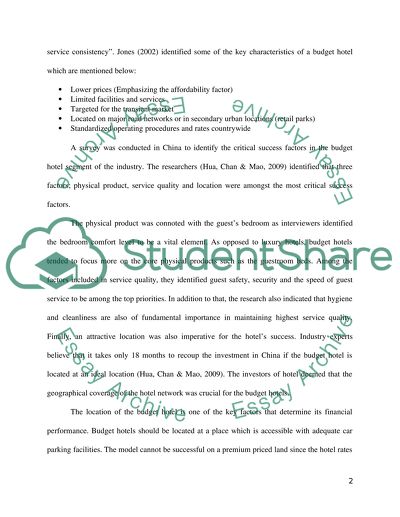Cite this document
(“Budget Hotel vs. Luxury Hotel: An operation management perspective Essay”, n.d.)
Retrieved de https://studentshare.org/finance-accounting/1390485-operations-management
Retrieved de https://studentshare.org/finance-accounting/1390485-operations-management
(Budget Hotel Vs. Luxury Hotel: An Operation Management Perspective Essay)
https://studentshare.org/finance-accounting/1390485-operations-management.
https://studentshare.org/finance-accounting/1390485-operations-management.
“Budget Hotel Vs. Luxury Hotel: An Operation Management Perspective Essay”, n.d. https://studentshare.org/finance-accounting/1390485-operations-management.


